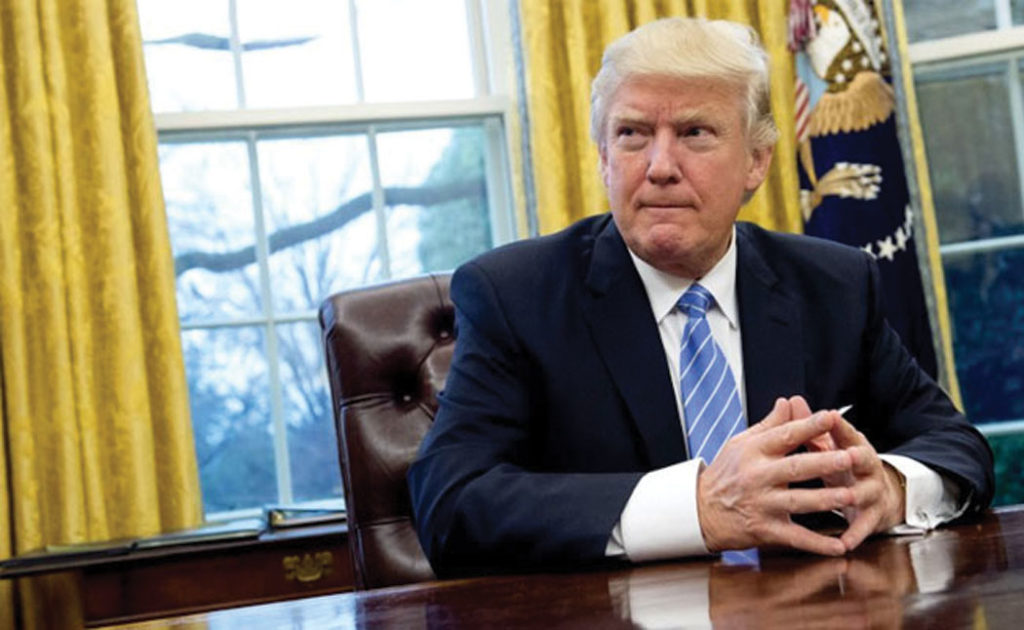
DEMAGOGUE: a leader championing the cause of the common people in ancient times. This is how the Merriam-Webster dictionary defines the word, which has evolved to “a leader who makes use of popular prejudices and false claims and promises in order to gain power.”
The evolution of the meaning of the term “demagogue” comes from how leaders in different parts of history have used and misused the original intent of leadership, which in its own promise, presents hope to the people in a democracy. They seek a leader who empowers people, thereby fulfilling the very definition of a democracy — a government of the people, for the people, by the people.
But alas! There have been demagogues since Ancient Greece and the Roman Empire. With the likes of Julius Ceasar to Adolf Hitler to the present leaders like Donald Trump and Boris Johnson, we realize the fine line between the ideals of “populism” to the toxic effect of “demagoguery” throughout the history of democracy.
What is a demagogue? Famous historian and Columbia University Professor Reinhard Luthin described a demagogue as “a politician skilled in oratory, flattery and invective; evasive in discussing vital issues; promising everything to everybody; appealing to the passions rather than the reason of the public; and arousing racial, religious, and class prejudices—a man whose lust for power without recourse to principle leads him to seek to become a master of the masses. He has for centuries practiced his profession of ‘man of the people’. He is a product of a political tradition nearly as old as western civilization itself.”
From a psychological perspective, this is how Saul Levine M.D. wrote about it in “Psychology Today”:
You know it refers to a charismatic political leader (or wannabe) whose vociferous words and outspoken opinions are persuasive to many people, but are found to be offensive or threatening by others.
Demagogues tend to be narcissistic and authoritarian, as well as brazen, bombastic and belligerent. Their vitriol appeals to the vulnerable and darker places in psyches and hearts. They fuel emotional fires in their zealous followers with sentiments of prejudice, bigotry, hate, hyper-patriotism and xenophobia.
While demagoguery is often “homegrown,” it is truly an international phenomenon: A few noted demagogues in the past century include Adolph Hitler (Germany), Joseph Stalin (Russia), Joseph McCarthy (USA), Pol Pot (Cambodia), Benito Mussolini (Italy), Sukarno (Indonesia), Mao Tse Tung (China), Saddam Hussein (Iraq), Juan Peron (Argentina), Roderido Duterto (Philippines), and Islam Karimov (Uzbekistan).
All these men were despots, but we should remember that most of them were voted into office! The angrier and more hateful the demagogues’ words, the more their popularity seems to soar among their acolytes.
Demagogues rail against imminent threats inside and outside their countries from enemies they blame for causing the national misfortunes. People are swayed to join their fiery campaigns against the “knaves and fools” who caused their own and societies’ travails.
Demagogues’ strident opinions engender dark feelings like fear and anger in their followers, who are especially vulnerable during times of personal or social turmoil, or when they feel that they and their families are threatened.
Those most susceptible to the persuasive skills of demagogues often feel like “have-nots,” deprived and resentful at those who are more fortunate, particularly among the educated, wealthy and governing classes.
When passionate speeches promise to rid their country of enemies and simple solutions to their miseries, they are captivated and swayed. They believe the rhetoric, angry juices flow and passions are inflamed.
The fervent followers feel empowered, that they will finally get action on their behalf. The demagogue is seen as a veritable “savior” who will destroy their enemies and bring back the good “old values.”
I cannot stress enough, however, that once committed to the demagogue, the vehement admirers feel better internally about themselves and their personal worlds. Their alienation and demoralization dissipate; their moods improve, they feel more optimistic and even that they are thinking more clearly.
Having known this, I hope we have a better understanding of what is going on in our country and around the world during this and other times of dissatisfaction and frustration in history. I hope, too, that we learn from the lessons of history, so that we may not have to repeat the mistakes of the past, and make better informed decisions to change how history will unfold now and in the future.
* * *
Gel Santos Relos has been in news, talk, public service and educational broadcasting since 1989 with ABS-CBN and is now serving the Filipino audience using different platforms, including digital broadcasting, and print, and is working on a new public service program for the community. You may contact her through email at gelrelos@icloud.com, or send her a message via Facebook at Facebook.com/Gel.Santos.Relos.







